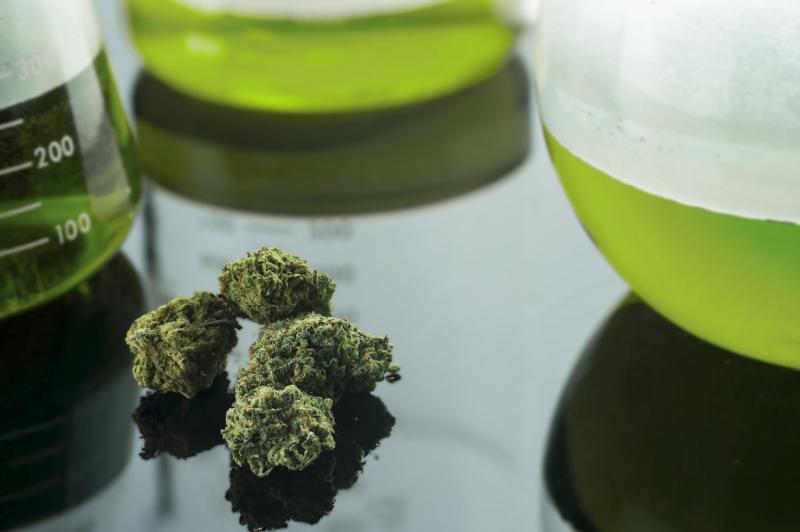
Use of cannabis or cannabinoids among patients with inflammatory bowel disease (IBD) does little to induce clinical remission or reduce inflammation, although it helps calm patient-reported symptoms and improve quality of life (QoL), a study has found.
Researchers conducted a systematic review and meta-analysis of randomized controlled trials (RCTs) and nonrandomized studies evaluating the effect of cannabis or cannabinoid use on IBD outcomes. They searched multiple online databases and retrieved 682 records, of which 15 nonrandomized studies and five RCTs were included in the meta-analysis.
Pooled data for the primary outcome of clinical remission included 146 adult patients. Random-effects model showed that neither cannabis nor cannabinoids were effective at inducing remission (risk ratio, 1.56, 95 percent confidence interval, 0.99–2.46). Risk of bias was moderate.
Likewise, there was no effect observed on inflammatory biomarkers. However, clinical symptoms such as abdominal pain, general well-being, nausea, diarrhoea, and poor appetite all significantly improved with cannabis or cannabinoids on Likert scales.
Among patients using cannabis in cohort studies, baseline QoL scores were lower than those observed among nonusers. Nevertheless, the scores improved significantly with the use of the psychoactive substance.
Finally, although length of hospital stay was shorter and risk of parenteral nutrition was lower in cannabis users, other IBD complications were similar between users and nonusers.